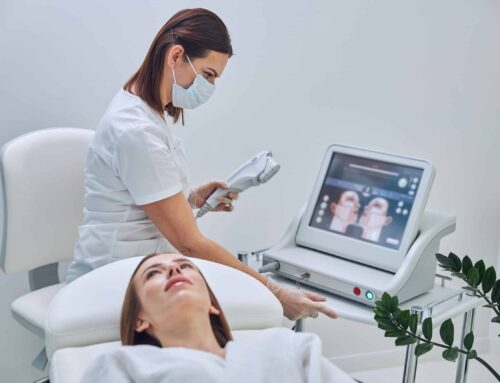While you can “kick the tires” and check under the hood of a car before you purchase it, there’s no way to take a medical practice for a test drive before you buy it. The rapidly changing world of health care and the fluctuating economy presents a myriad of challenges to physicians, whether they’ve been in the field for decades or are recent medical school graduates.
Is buying a practice the right choice for you?
Is buying a practice the right choice for you? There’s no easy answer. But there are five things you should consider before buying a practice.
WHY IS THE PRACTICE FOR SALE?
If the doctor is leaving, it’s important to answer “why.” Some may wish to relocate to be closer to family members, while others may be retiring. If the answer isn’t clear, you should ask additional questions. Be sure you get a complete look at the practice’s profitability and balance books, but also get advice from an accountant who can help you interpret this information. Make sure you understand who will be responsible for any of the outstanding liabilities. This article could help you know what to look for: Initial Exam Before Buying a Dental Practice.
DO YOU LIKE THE LOCATION?
We’re not just talking about the marketing potential of the practice’s street address (although that should be a major consideration). It goes without saying that a practice should be in a location where it is easily visible and strategically located in reference to other area competitors. But in this case, we’re talking about the city or town in which the practice is located. If you’re moving into an area, your spouse and children should also be considered. Make sure the area you’re calling home has the amenities and services you want, whether that’s good schools, nearby universities or cultural activities.
HOW IS EMPLOYEE MORALE?
Naturally, employees may be concerned when a new physician purchases a practice. In some cases, they’ve been working together for decades, and they have grown accustomed to doing things in a certain way. However, if the practice has been a “revolving door” and has had trouble keeping good employees, it may be a symptom of a larger problem.
READ THE FINE PRINT
You don’t want any unexpected surprises. Be sure you understand every aspect of the purchase agreement and what it involves. Does the outgoing physician own the real estate upon which the practice is located, or does he/she rent it? Does your purchase include all of the equipment? Does your purchase agreement require you to sign a non-competition clause? All of these “minor” details can amount to a big headache —not to mention loss of time and money. Best to employ the services of a practice advisor or attorney to make sure nothing is overlooked.
LEARN ABOUT THE REVENUE BASE
Will most of your patients be retirees? Young families? College students? The answer may determine your financial and marketing strategies. For example, if most of your patients are over the age of 70, you may need to recruit younger families as well. Understand which insurance policies the practice accepts. Be sure your accountant does a thorough evaluation of the financial health of the practice, comparing “apples to apples.” He or she will consider things such as the collection ratio as well as how much of the annual revenue is fee- based.
Buying a practice requires a careful, detailed analysis of every aspect of the business—from its health to its patient base to its employees. Be sure the practice reflects the kind of service that complements your personal philosophy. You’re investing a significant amount of time and money into this practice, and it’s important that it embraces your values and vision.






